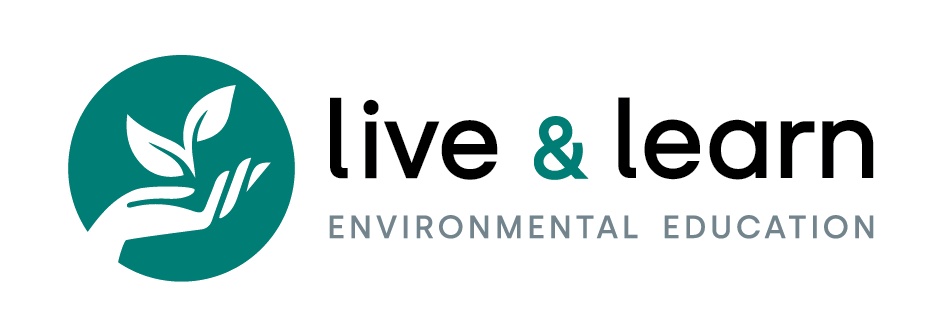The Climate Resilient Islands programme aims to build resilience to help communities overcome the challenges of climate change into the future, and to implement the most localised, effective resilient actions possible, CRI teams must first develop trust and connections with the communities they are partnering with.
The Solomon Islands CRI team, which is still in the earlier stages of the programme, has been very successful with this. This has been particularly evident in Hautahe.
Here, the CRI team has developed a strong relationship with the residents, like Fred Wairaru. Fred is a Hautahe local who also serves as the Birao Ward Support Officer (WSO), an important position in the Provincial Government’s Ward Development Committee. Fred’s work on this is focused on ensuring communities have ownership of their development needs – which integrates closely with the CRI work, requiring cooperating to overcome similar challenges.

Fred says the work the Solomon Islands CRI team has done so far is already helping his community achieve this.
‘Your programme has helped us come together,’ he said. ‘With the community resilience profile, it requires working together to be successful. Climate change needs everyone to work together.
‘Your coming helps us to gain more new ideas about how to adapt and how to address these issues. While climate change is coming, we need to manage ourselves to be more resilient.’
Fred said that several of the activities so far have helped the community understand and discuss more of the information it already holds that can help equip it for greater resilience, such as the activity asking communities to draw their local traditional calendars.
‘The seasonal calendar, we haven’t [previously] come together to talk about it,’ Fred said. ‘We overlooked it, and did not have a space to recall or talk about it.
‘Now, we realise it really helps to document seasons. CRI provides this space to talk and share the knowledge together.’
This knowledge is also helping to inform Fred’s work on the Ward Development Committee, meaning that Hautahe’s Resilience Profile is already beginning to contribute to their resilience before it has even been completed.
The Solomon Islands team has not only seen such success in Hautahe. In nearby Waimaea, they have built similarly strong connections, which has seen them learn important Indigenous knowledge, including the strangeness of Waimaea’s name.
“Waimaea” is not in the local Birao dialect. Instead, the name traces back to a legend told to the Solomon Islands team by Reginald, the village chief. This legend covers a snake that many tribes in Guadalcanal consider to be their origin. In the legend, the snake is a spirit being which adopts an orphaned girl, and later directs her to settle at a place named Waimaea, where there was a pool made by the river that the snake had created.
The detail of this important story of Indigenous knowledge was shared by the community after their activities had similarly helped the community understand their place in their ecosystems and their history.
‘One can tell that this community has strong kinship which is intertwined among their different denominations,’ Karen, CRI Officer with the Solomon Islands team, says. ‘This is because they know they are just one family tracking back in time.’
Karen says this understanding has led them to already establishing a land association to protect their environment.
‘This is encouraging in itself as we can see that they have already committed themself into keeping their forest. And after the web of life activity, many shared their view of how the ecosystems are connected. One participant said, “We are all connected, and when one part distracts, all is tumbled down.” This awesome [to have] such a start.’
The CRI Solomon Islands team will soon be launching their community profiles before moving into the resilience planning stage. With the strength of the connections they have made already, there is significant promise for the work to come.

